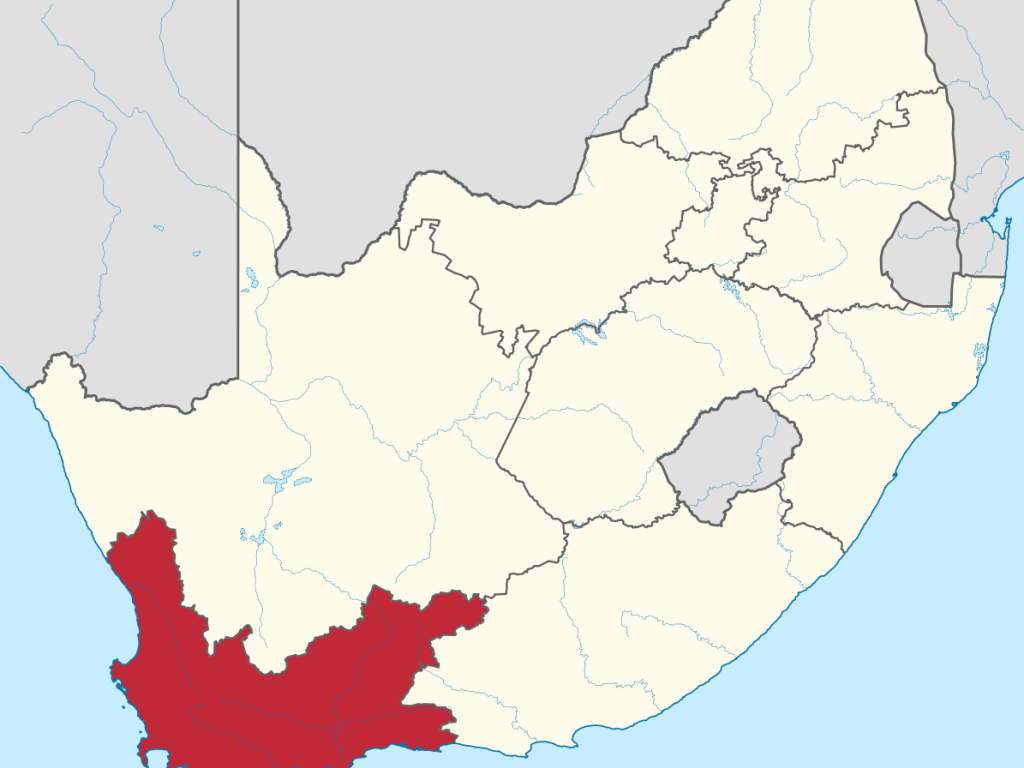ACDI Wins Bid for Development of the Western Cape Agricultural Sector Climate Change Framework and Implementation Plan

Project: Development of the Western Cape Agricultural Sector Climate Change Framework and Implementation Plan
Funder: Department of Agriculture, Western Cape Provincial Government
Objectives
The aims of this project are to develop for the Government of the Western Cape Province (and specifically the Department of Agriculture) a strong understanding of how climate change impacts the current and future agricultural situation, followed by a climate change response framework and implementation plan for the agricultural sector. The response framework and implementation plan will be developed through a process of in-depth and inclusive consultation with a wide cross-section of agricultural stakeholders across the province, and will also have a strong basis in science and best practice.
Background
Agriculture in the Western Cape Province (WCP) forms the backbone of the provincial rural economy and employment. It is thus of great concern that the water-scarce WCP is expected to be particularly hard hit by the combination of warming and drying projected to occur as a result of global climate change. The region is already prone to damaging climate extremes and disasters such as drought, floods and hail. The sector is also faced with significant non-climatic drivers and pressures, including global market instability and rising inputs costs. Climate change responses should strengthen and provide resilience to agricultural production, but simultaneously factor in socio-economic pressures.
Climate change is a particularly problematic additional stress in regions already experiencing high pressure within the food-energy-water-land-biodiversity nexus. Food production is critically dependent on water, land, energy and ecosystem services, but also exerts impacts on its environment and resources required by other sectors. As resource constraints and shortages begin to emerge, economic development decisions are coming face to face with tradeoffs and the need to seek greater efficiencies of resource use and optimization of overall benefits, whilst maintaining food, energy and water security. This will be compounded by climate change.
The agricultural sector in South Africa has a lower contribution to national greenhouse gas (GHG) emissions (less than 5%) than could be expected from global figures. Nevertheless, significant sources of GHG emissions are livestock enteric fermentation and manure management, biomass burning, and synthetic nitrogen-based fertilization. In addition, the carbon footprint of farming is influenced by energy use and reliance on electricity generated mainly from coal. Global and national mitigation actions have the potential to impact on the agricultural sector. As an exporting region, the province is vulnerable to carbon footprint reduction goals in recipient markets. In these countries and in South Africa, future carbon taxes could alter prices and profits.
Numerous agricultural and resource researchers and innovative farmers are already implementing activities which can be regarded as adaptive or mitigative, often not within an overt climate change context. Many of these actions have potential as climate change responses and should be built on, but have not been systematically evaluated for technical feasibility, efficacy and viability within a robust wider climate change framework.
It is widely acknowledged that climate change adaptation and mitigation in agriculture must go beyond crop/livestock- or breed-specific interventions to support production goals, and take a systems approach in order to secure sustainability and resilience. Many of these approaches seek synergies between adaptation and mitigation, and have disaster risk reduction co-benefits. Examples which have gained considerable traction globally and in South Africa include Conservation Agriculture, Climate Smart Agriculture, and Ecosystem-Based Adaptation. They are approaches to managing agro-ecosystems for improved and sustained productivity, increased profits and food security, while preserving and enhancing the resource base and the environment. They focus not just on the farm level but also on the landscapes that provide the climatic, agro-ecological and social context.
The recently updated Western Cape Climate Change Response Strategy (2014) provides a provincial framework for the agricultural sector which is also aligned with the national policy framework around climate change. There is now a strong move towards implementation and sectoral strategies. The highly exposed and sensitive agricultural sector is now ready to develop a focused framework and implementation plan at provincial scale which will deliver real measurable resilience to farmers and agri-businesses, with wide-ranging knock-on benefits to rural communities and natural resource management.
Implementation
The UCT African Climate and Development Initiative (ACDI) under the Directorship of Prof Mark New is leading an expert consortium in implementing this project over a 20-month period, from August 2014 until March 2016. The project leader is Prof Stephanie Midgley, and the UCT team includes researchers from the Climate Systems Analysis Group (CSAG), the Energy Research Centre (ERC), the African Centre for Cities (ACC) and the Division of Geomatics. Other consortium members are drawn from Stellenbosch University, not-for-profit organisations and private consulting companies with extensive experience of agriculture in the Western Cape and climate change. There will be ample opportunity for research and learning and integration with policy development, providing an exciting addition to ACDI’s growing field of activity.
Written by Dr. Stephanie Midgley